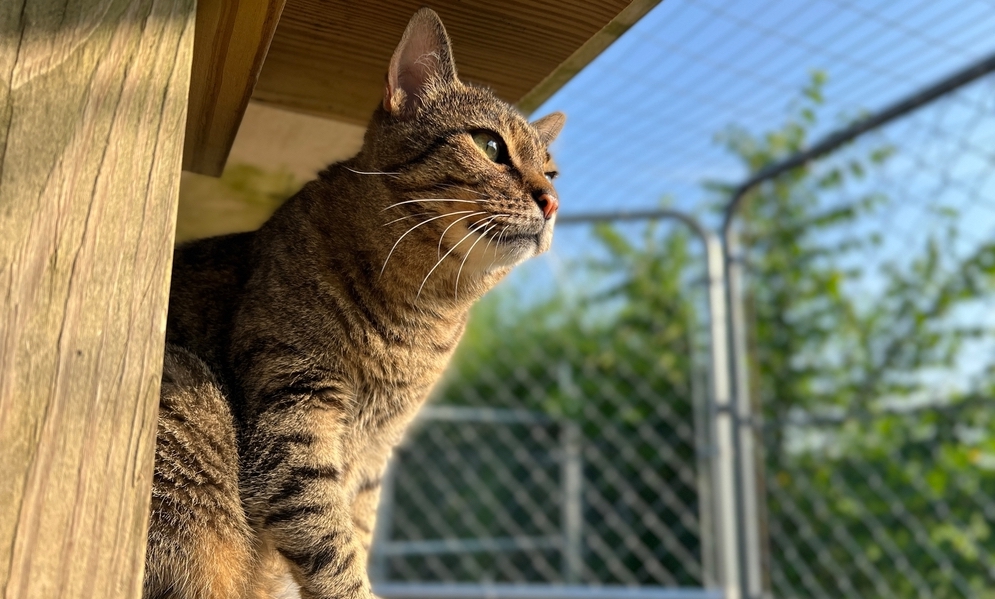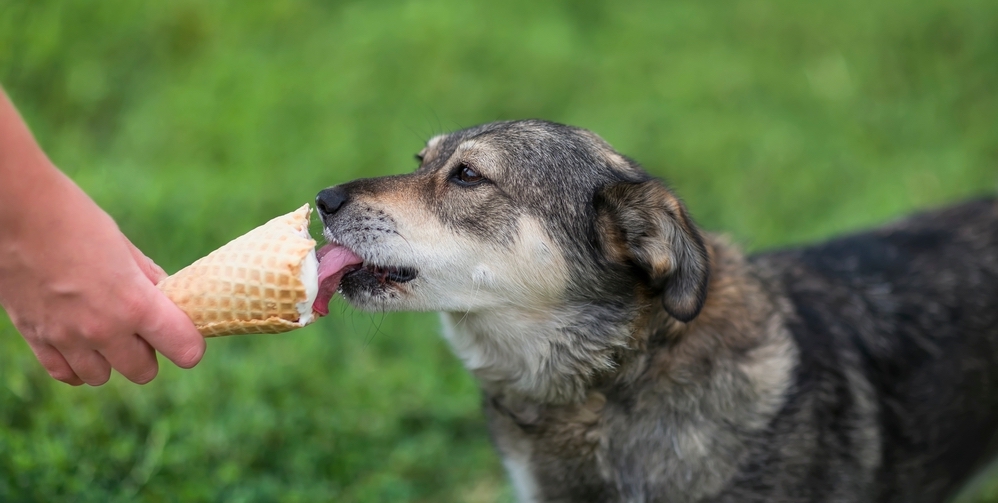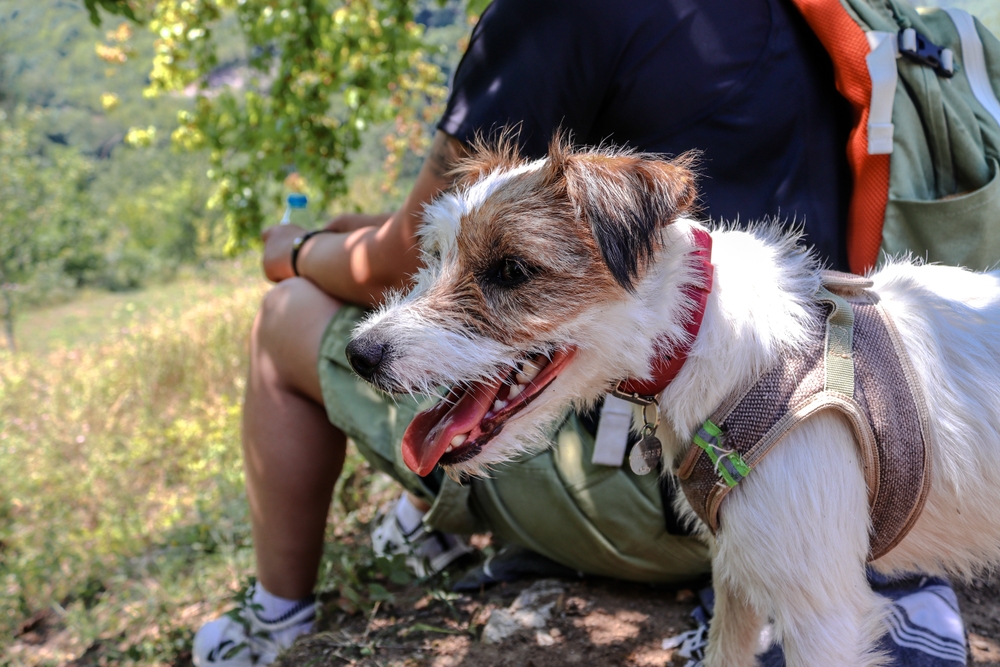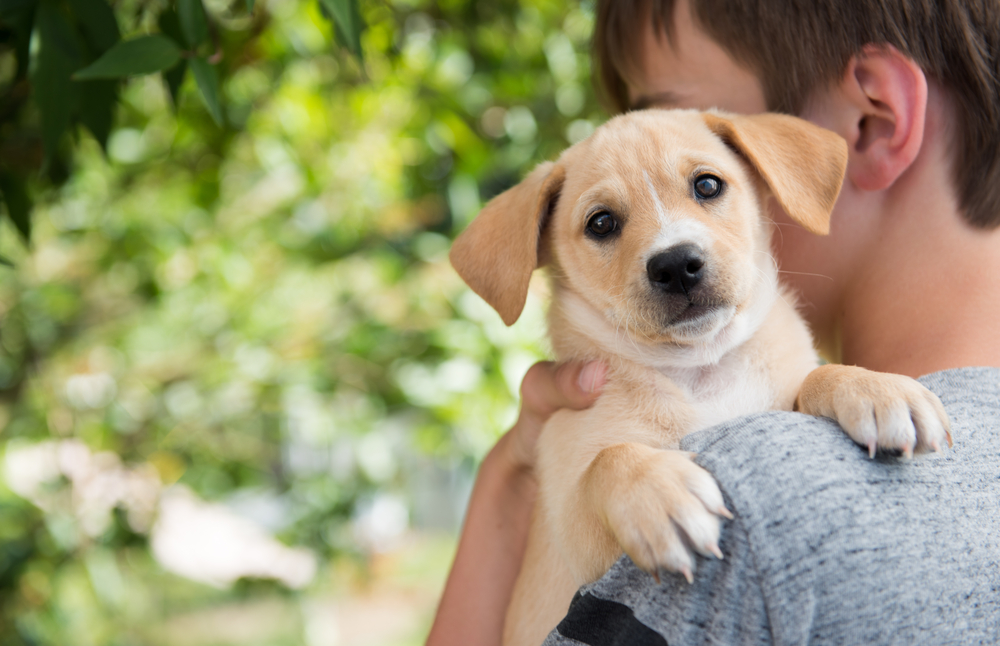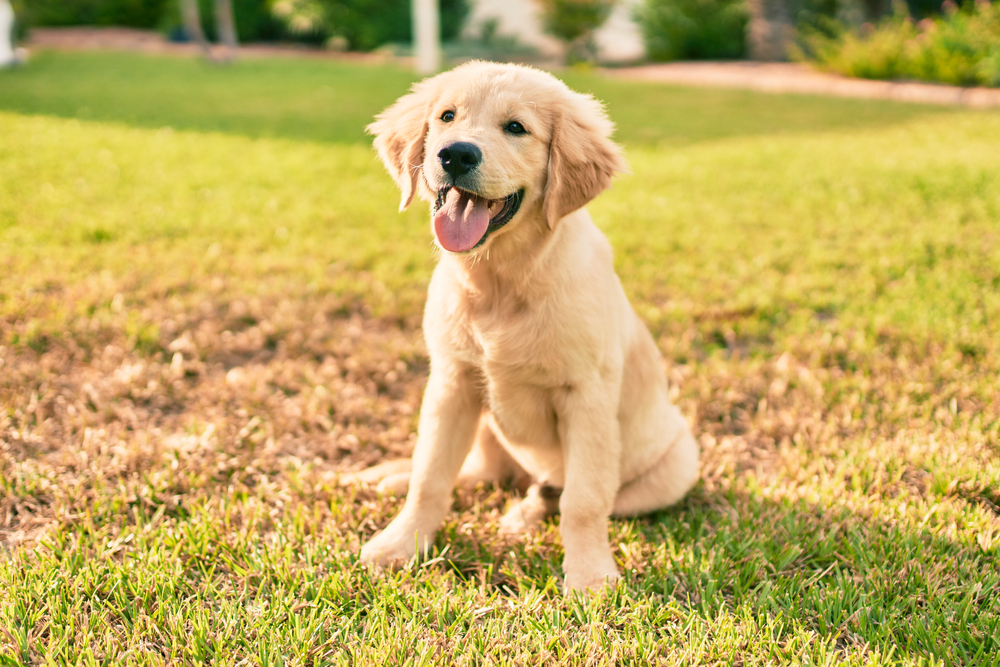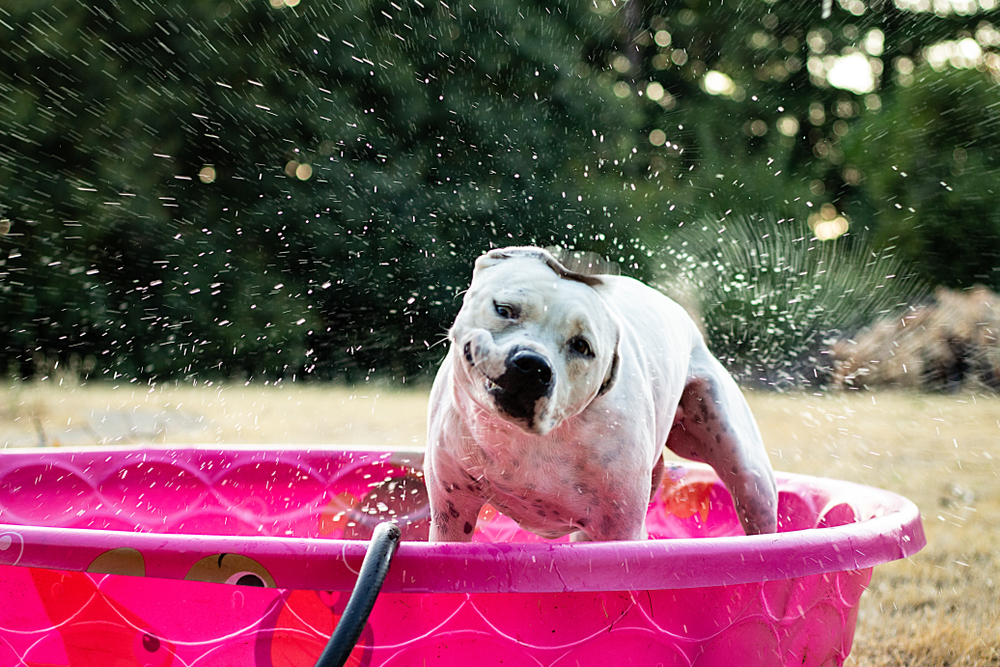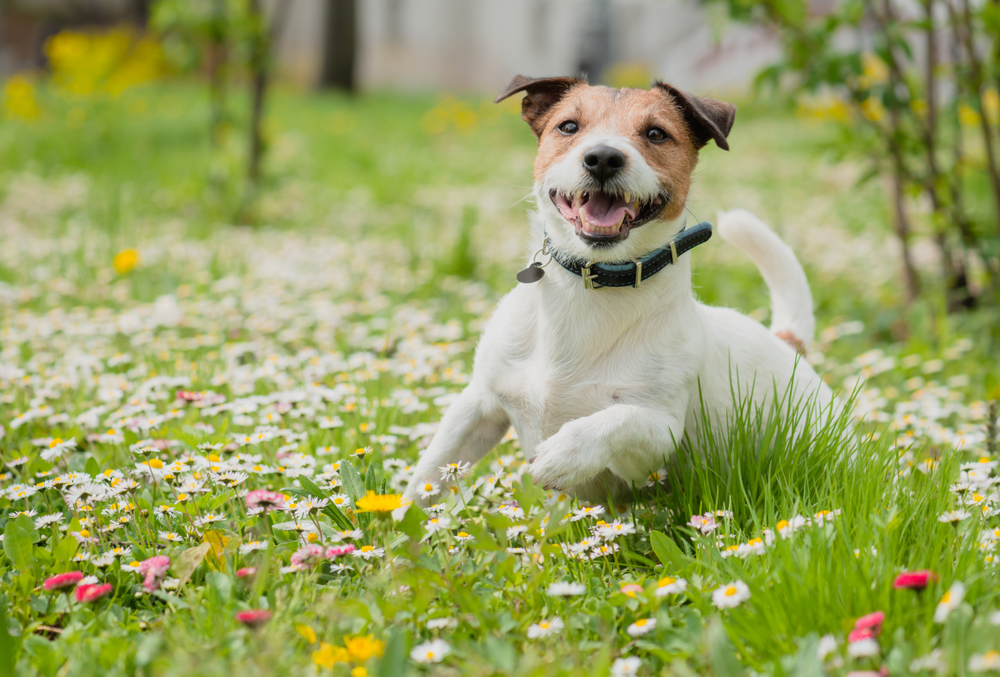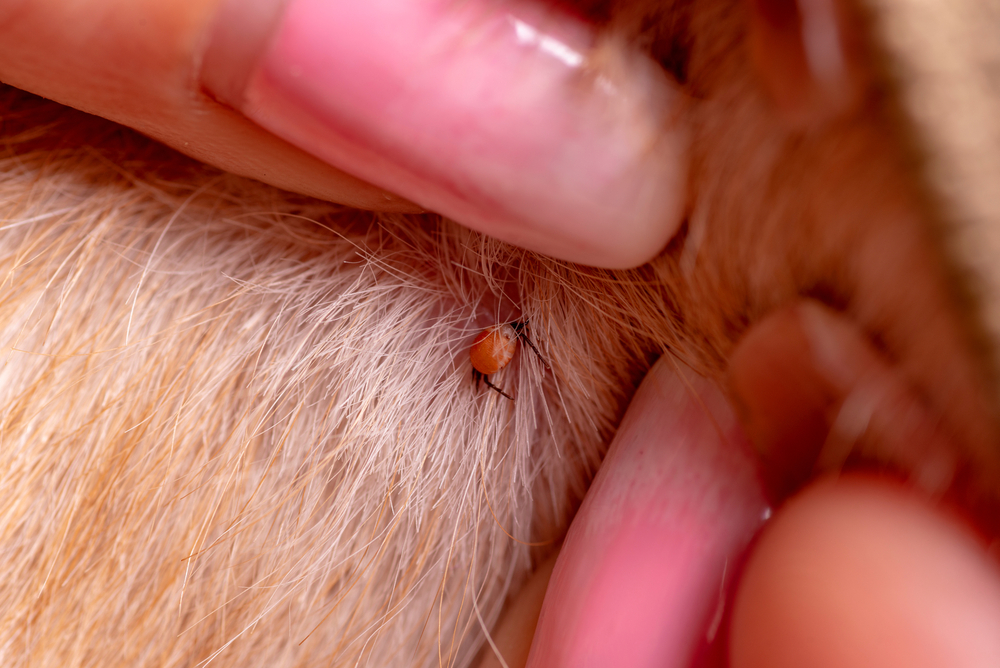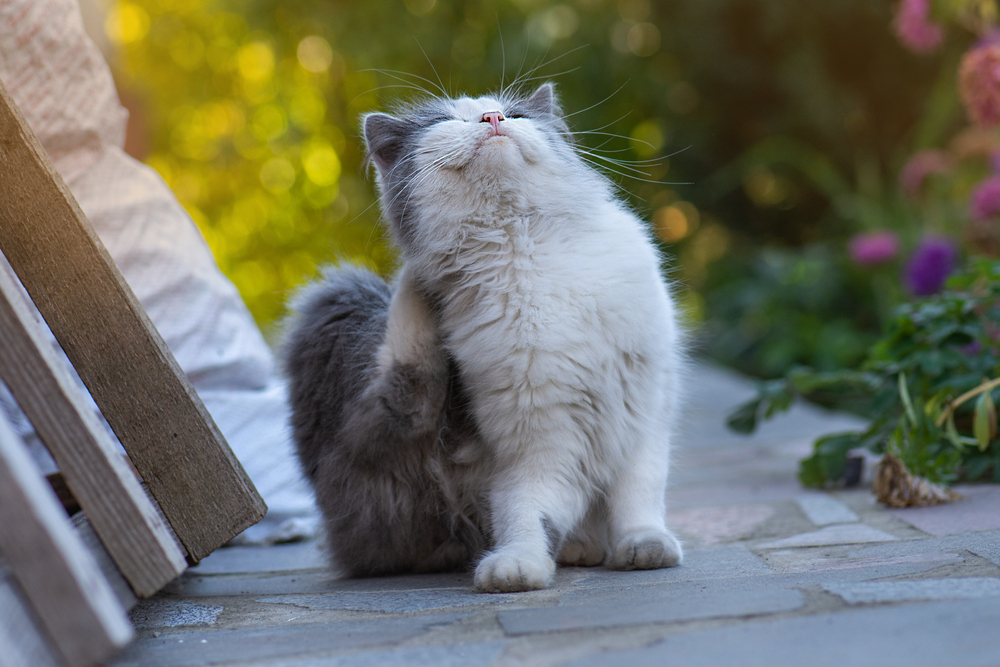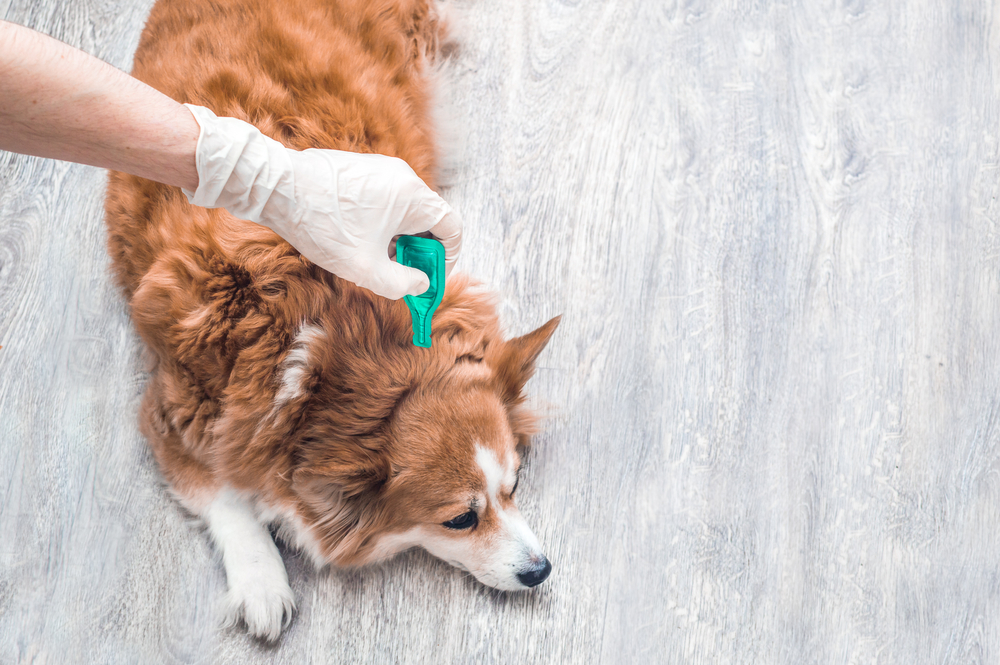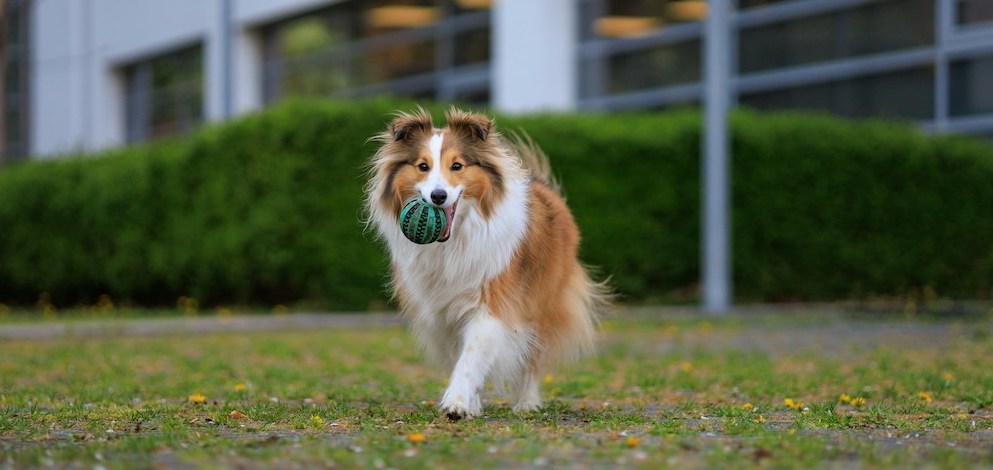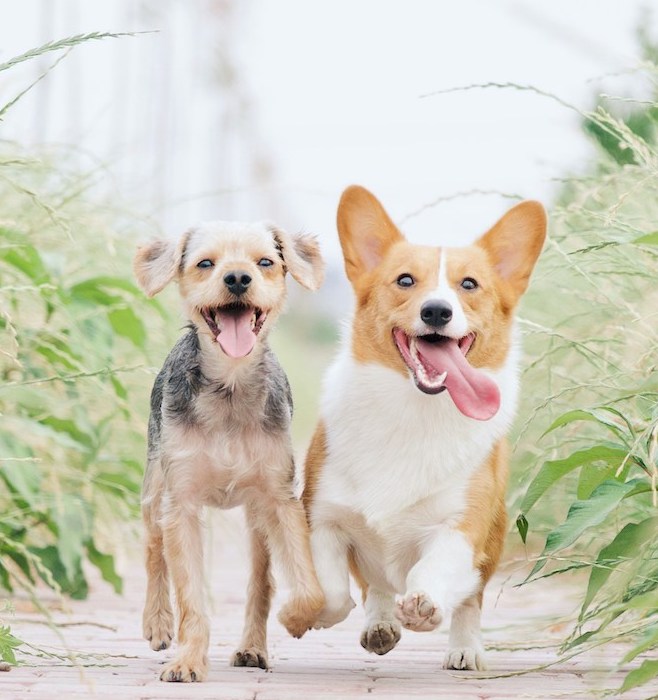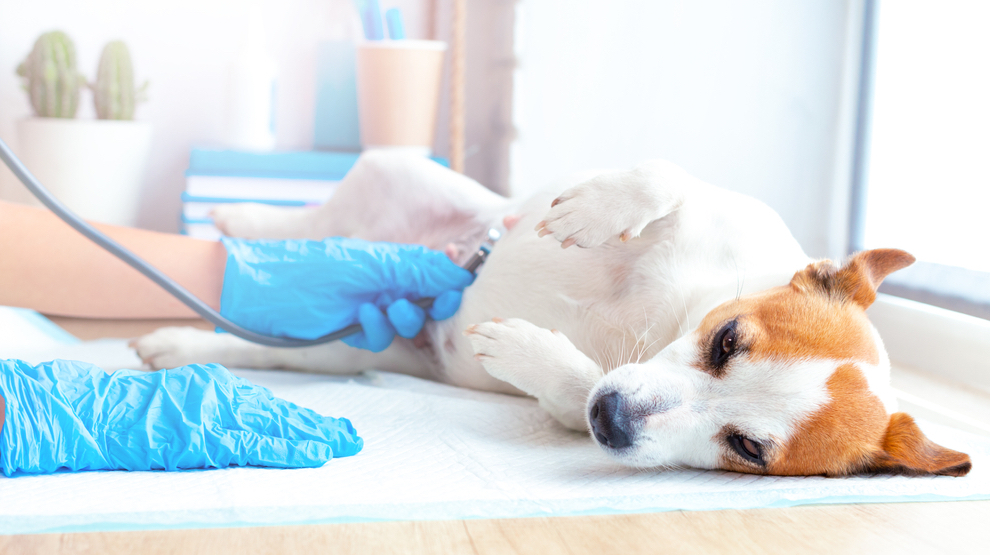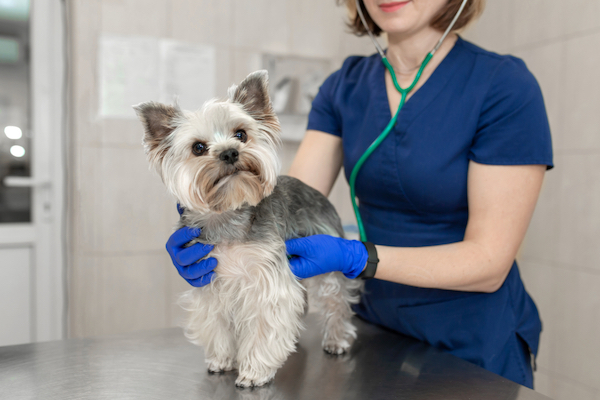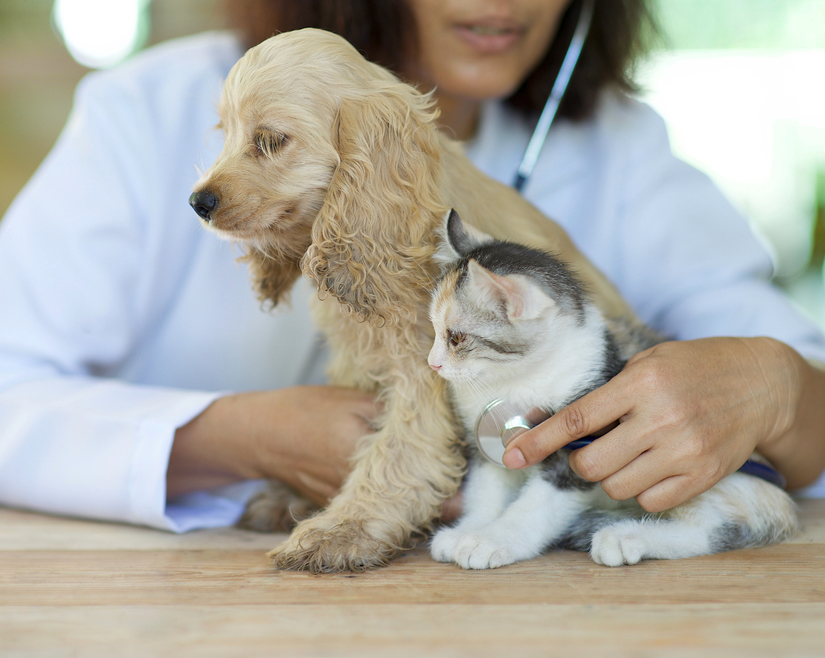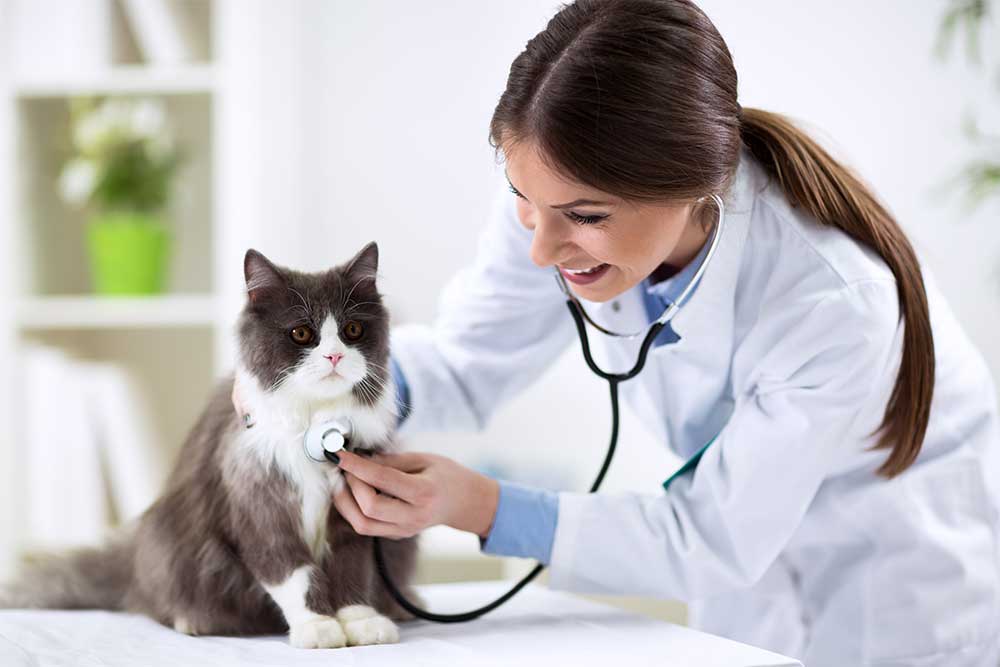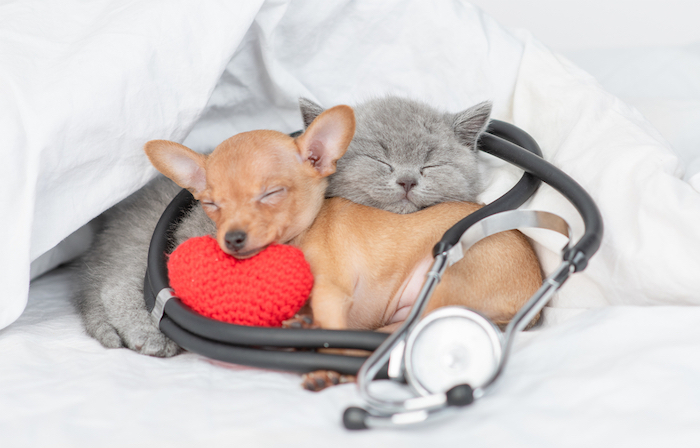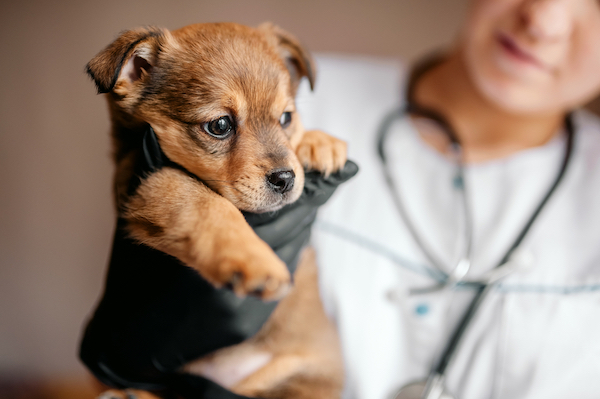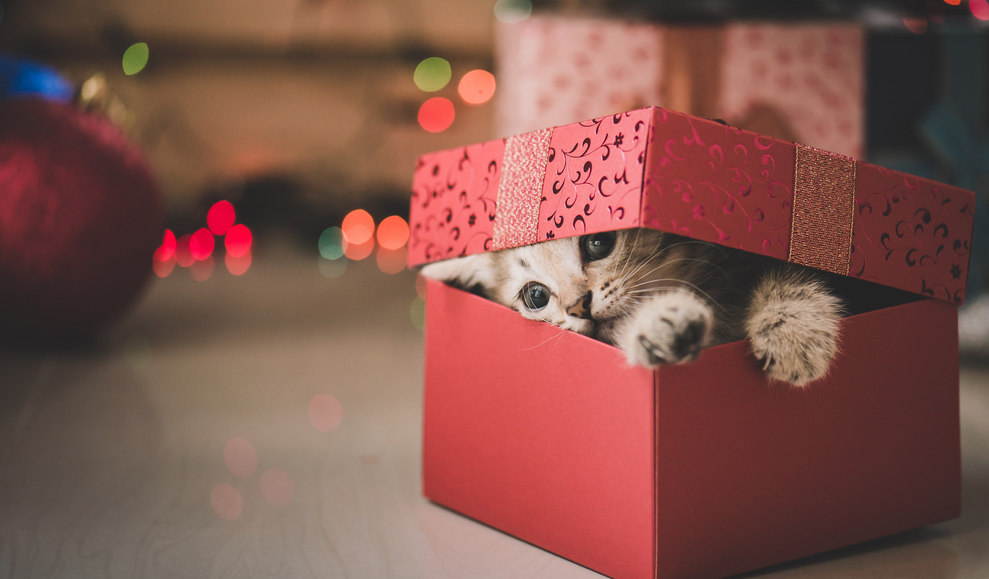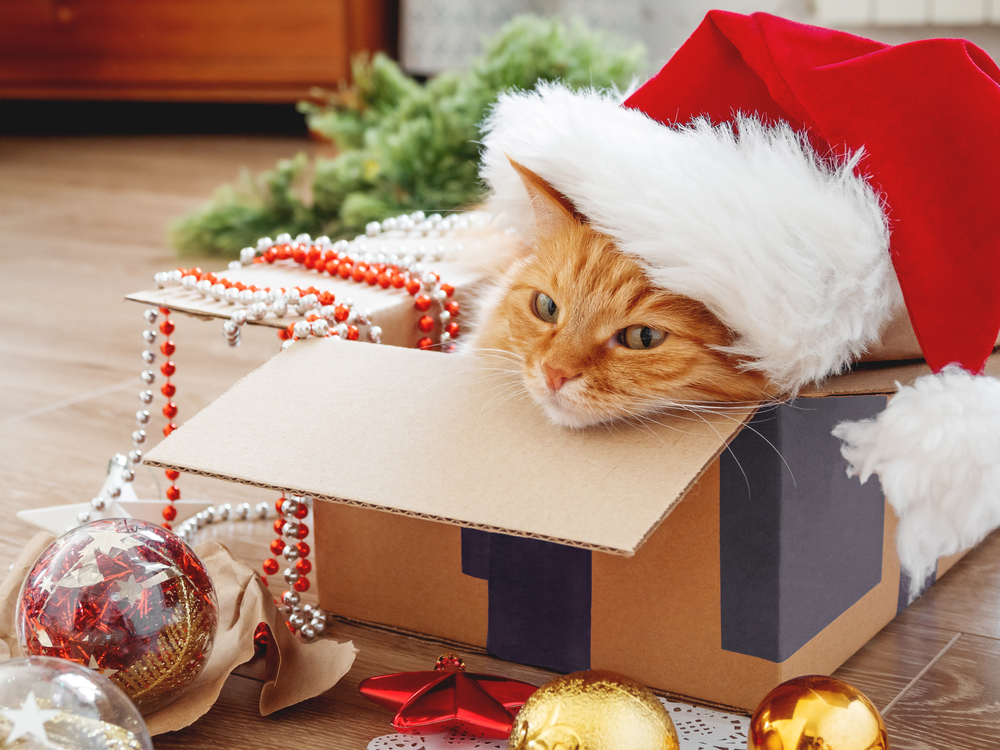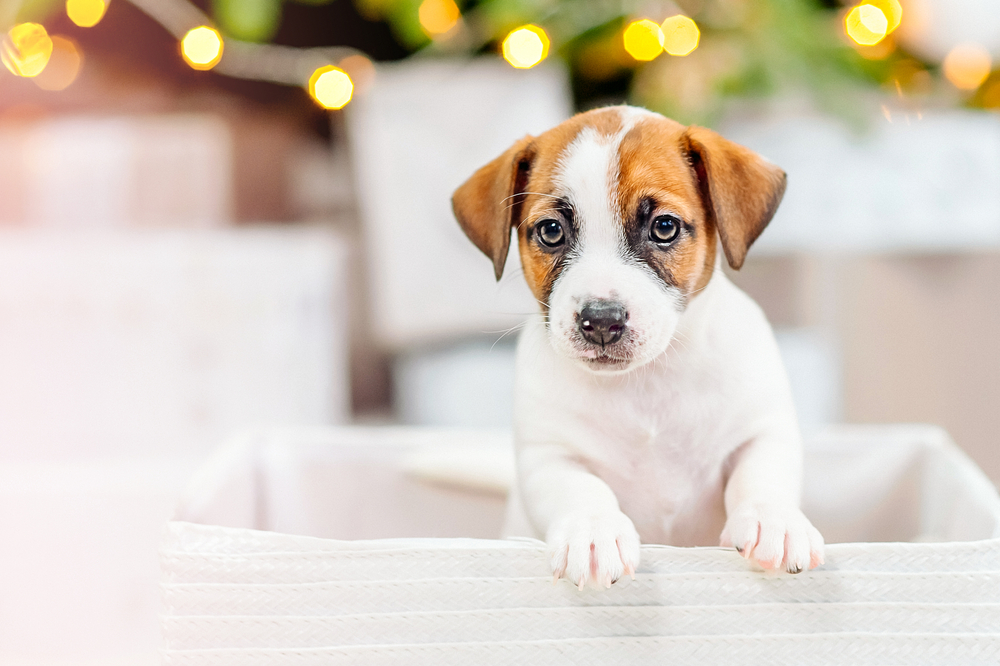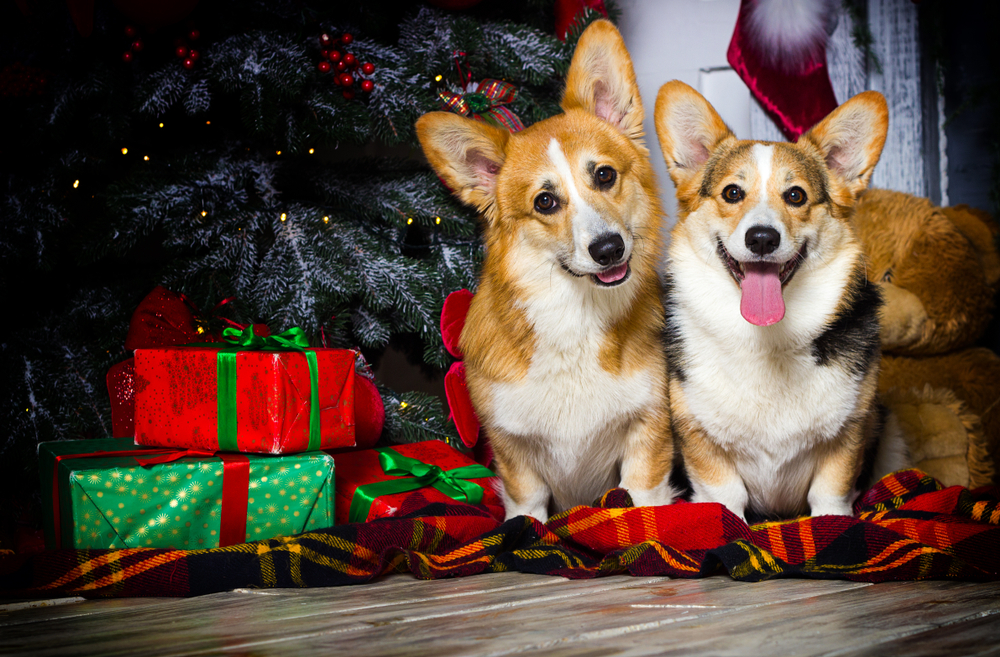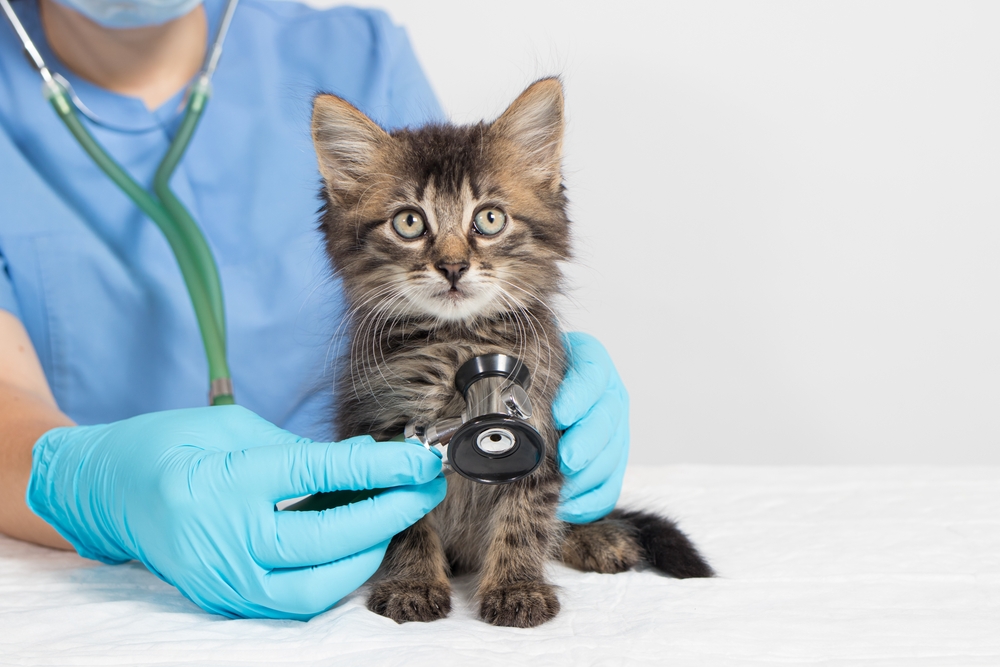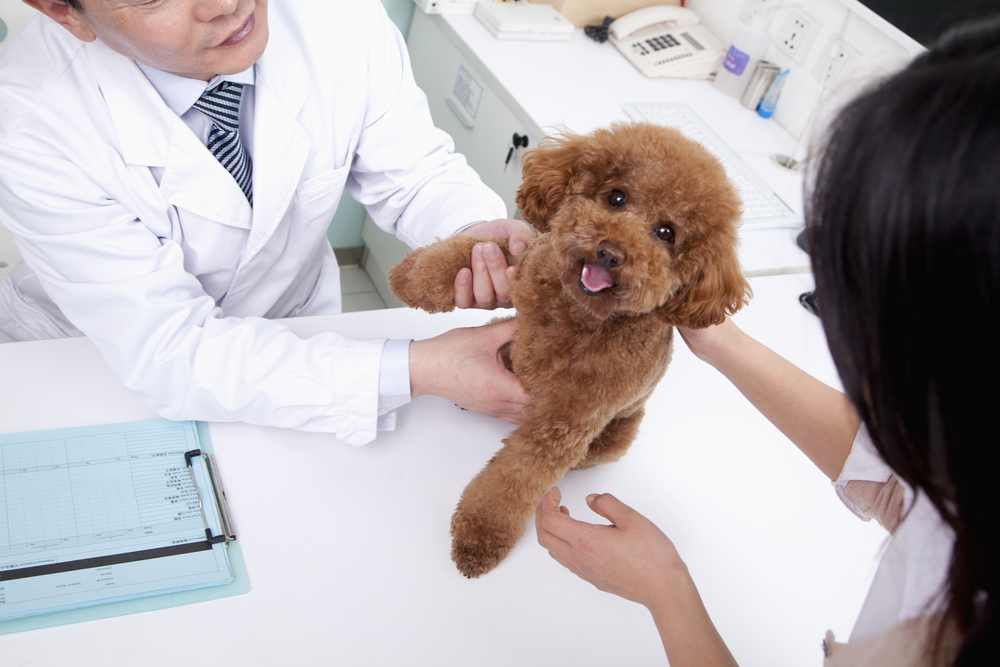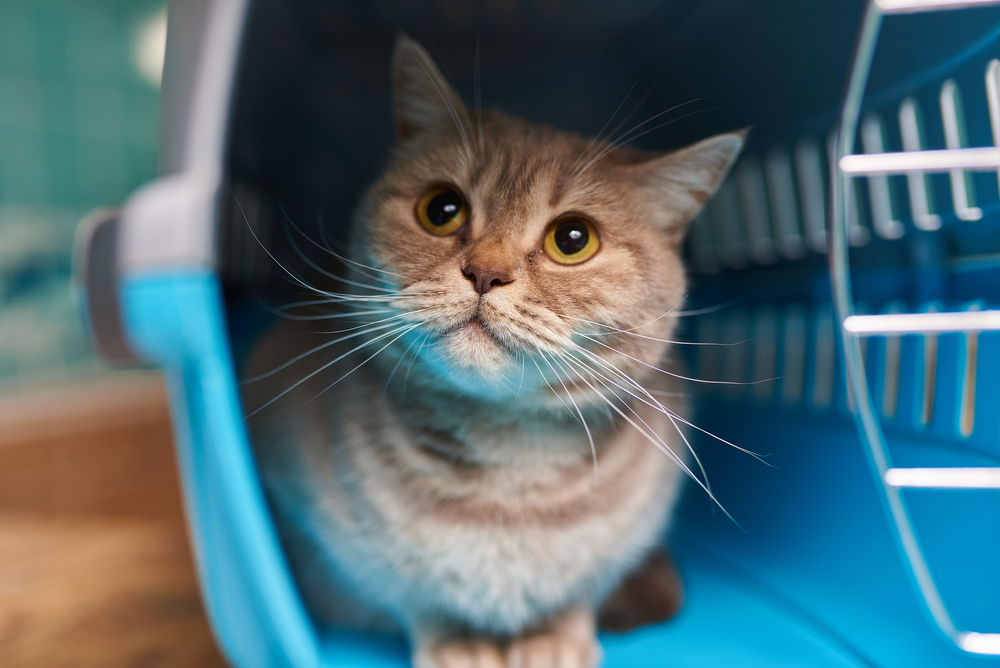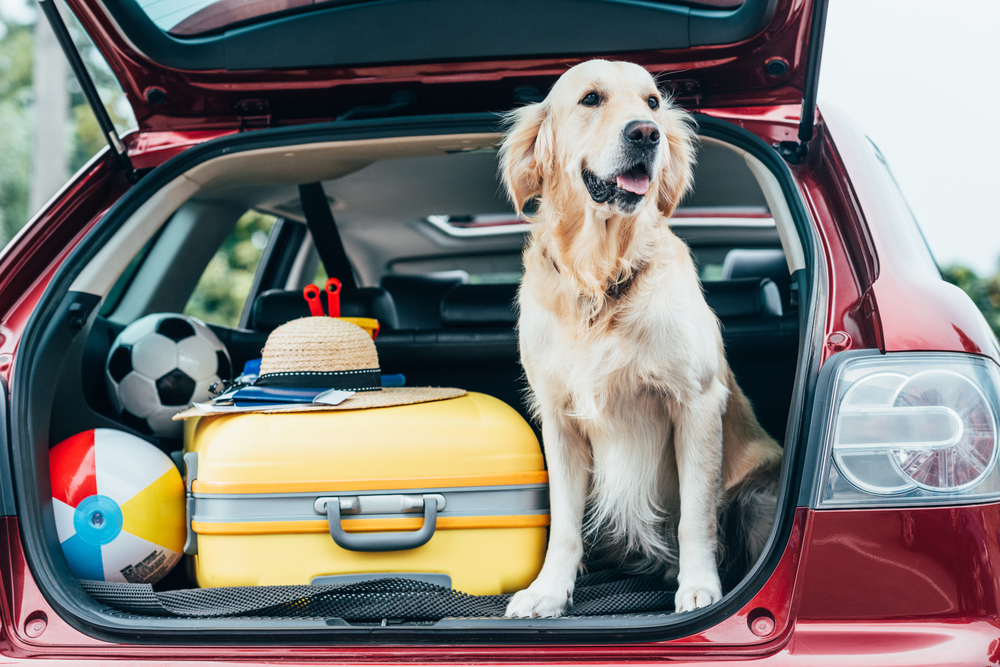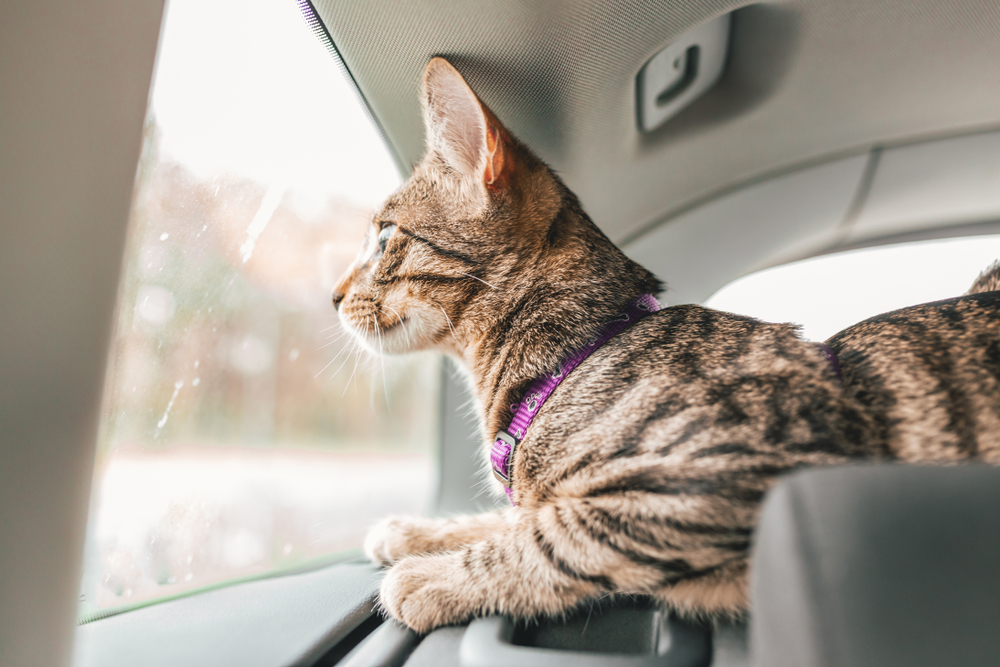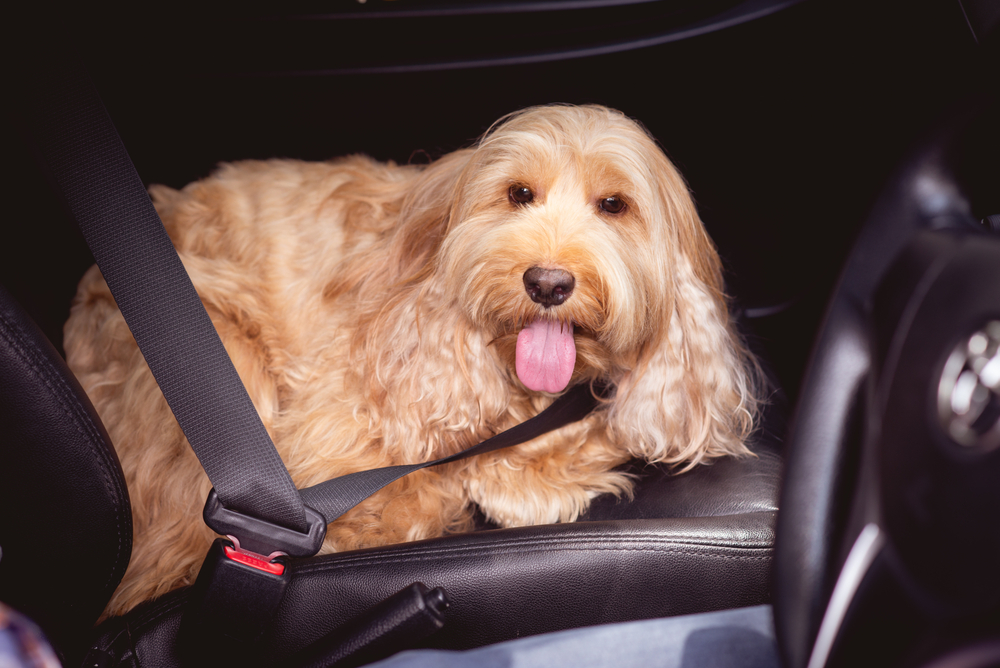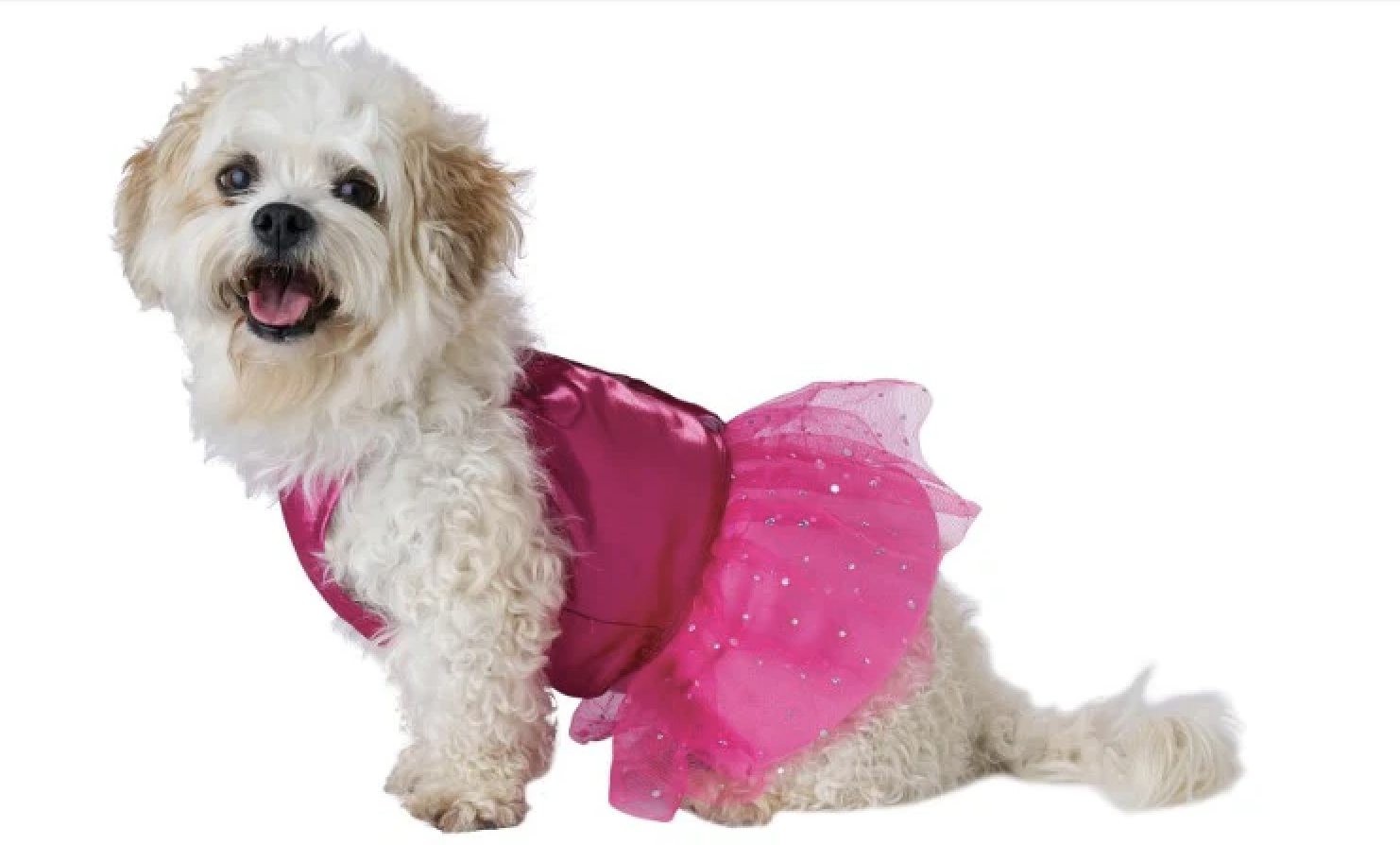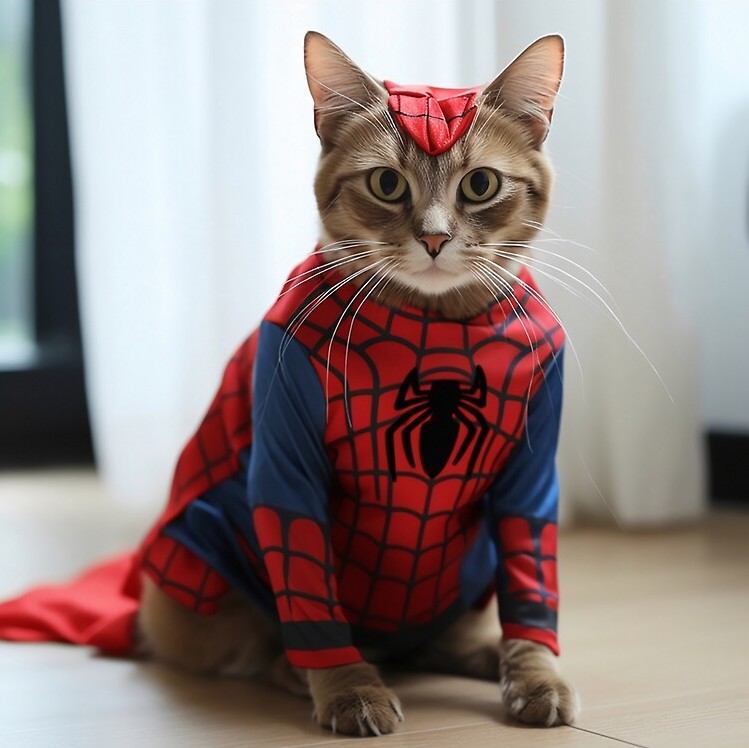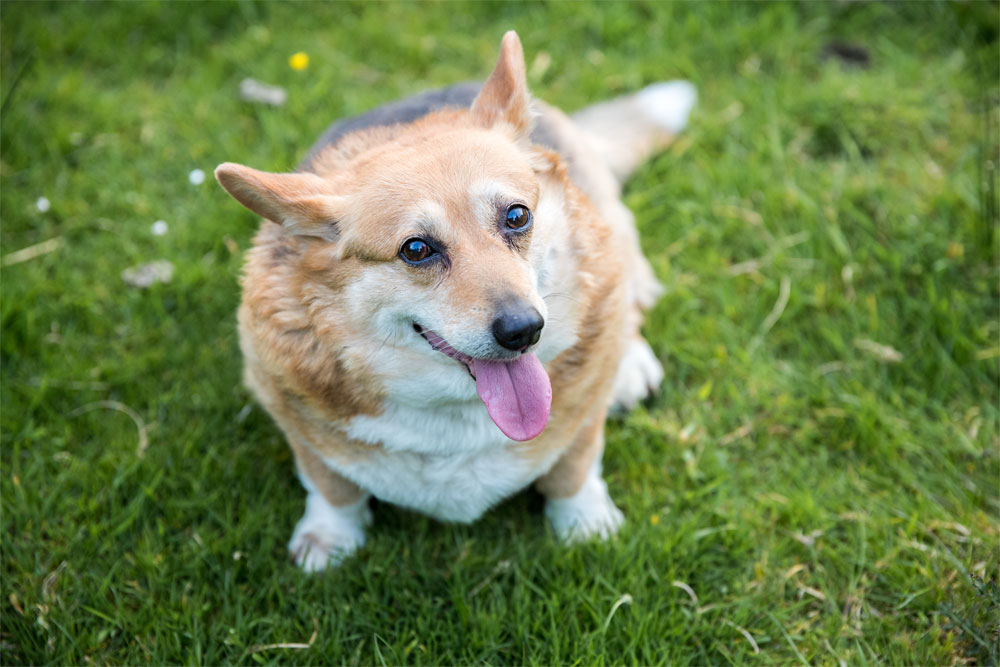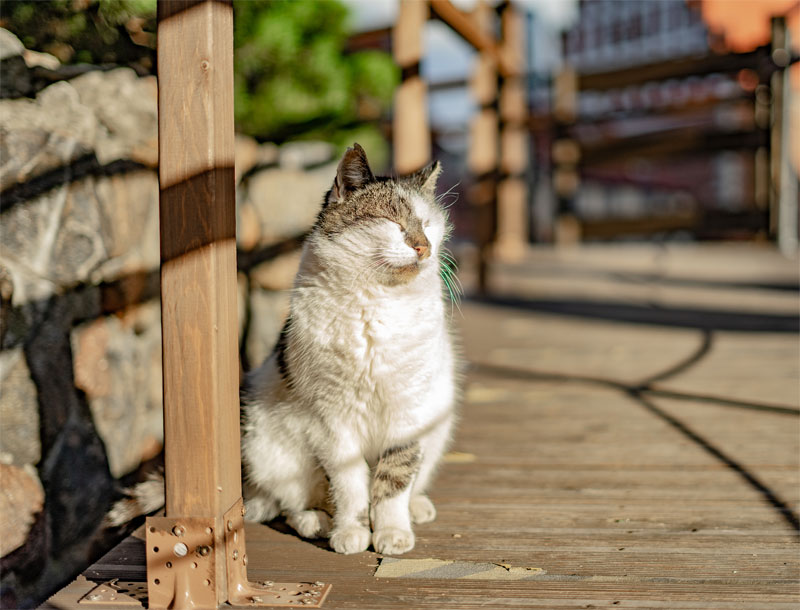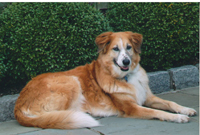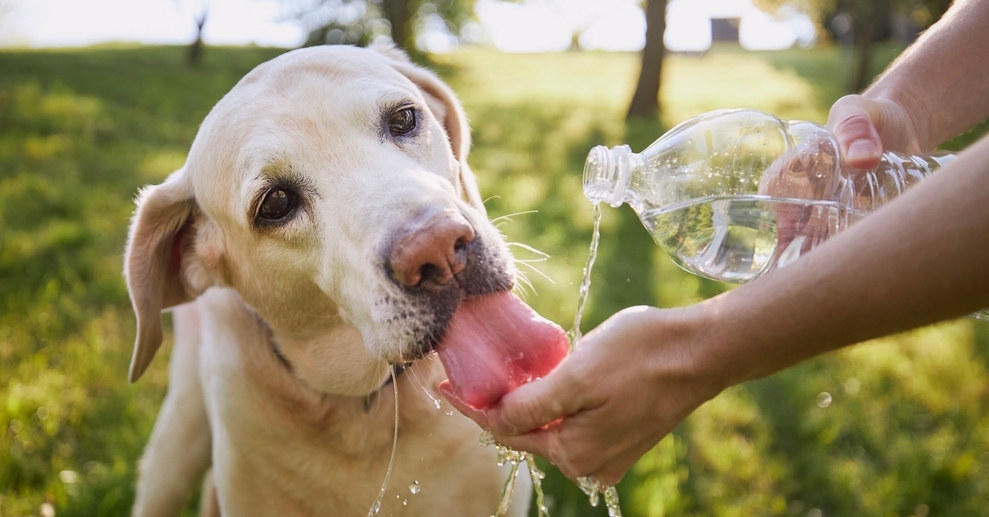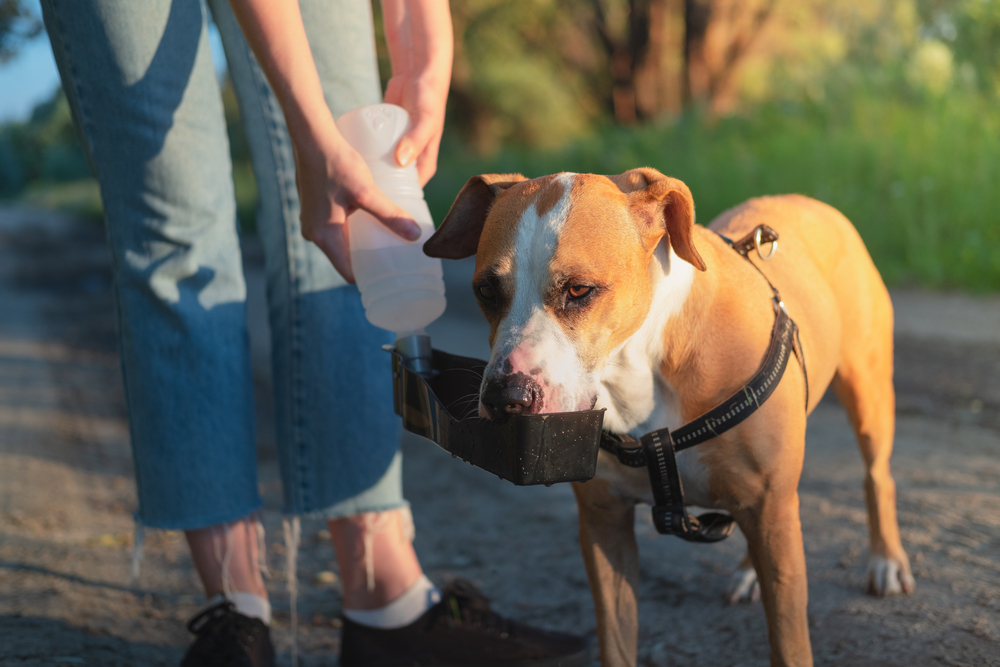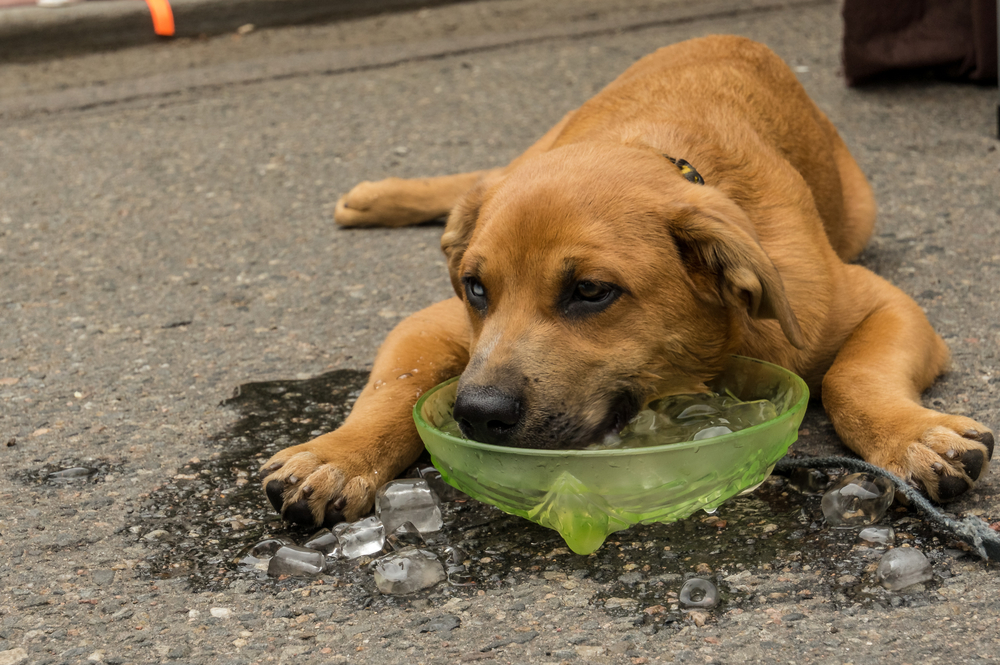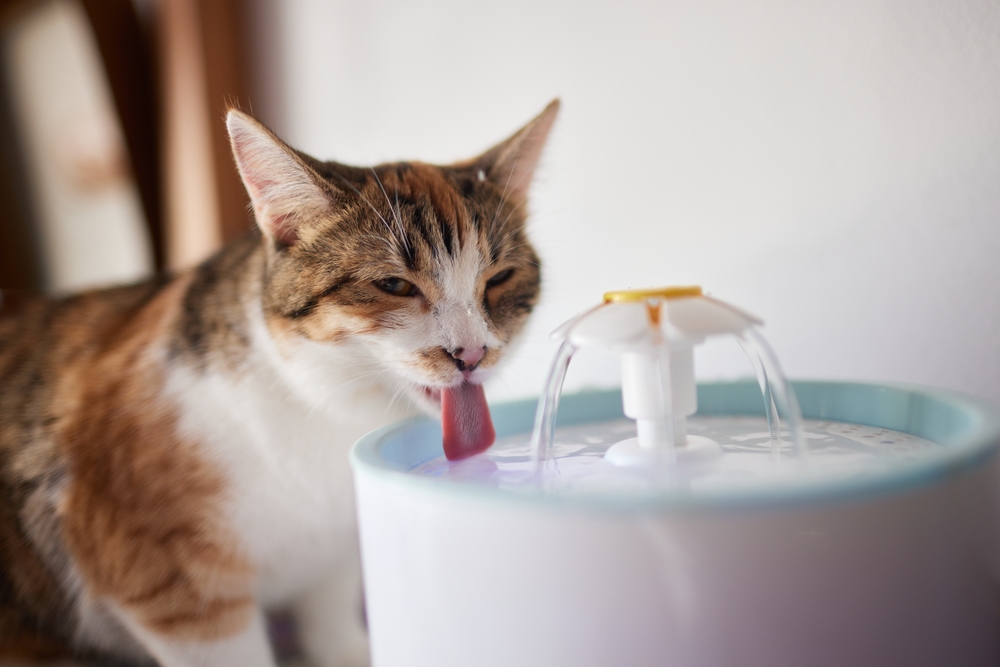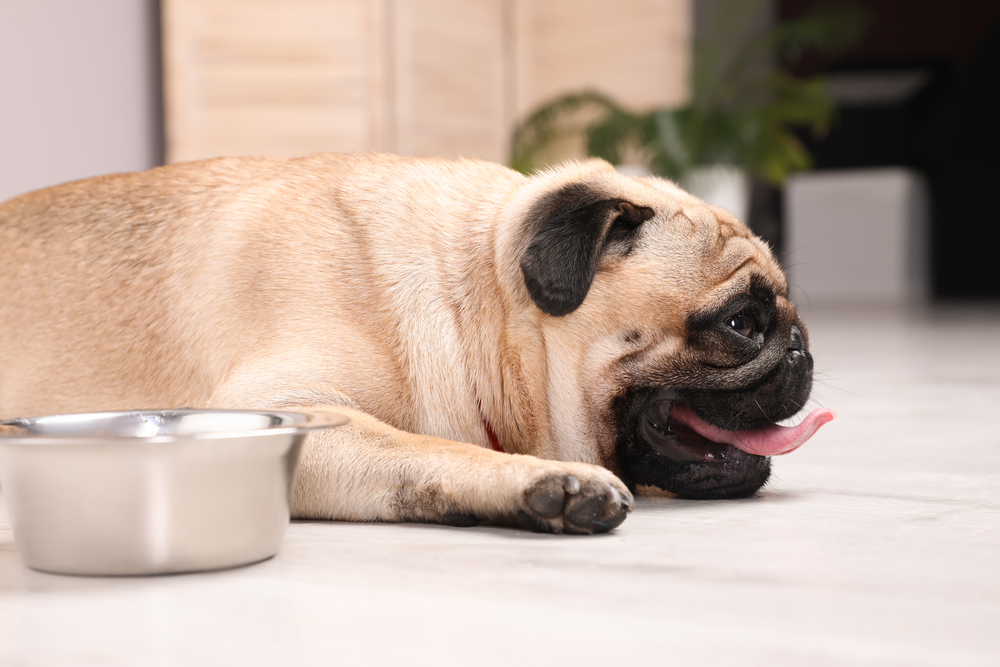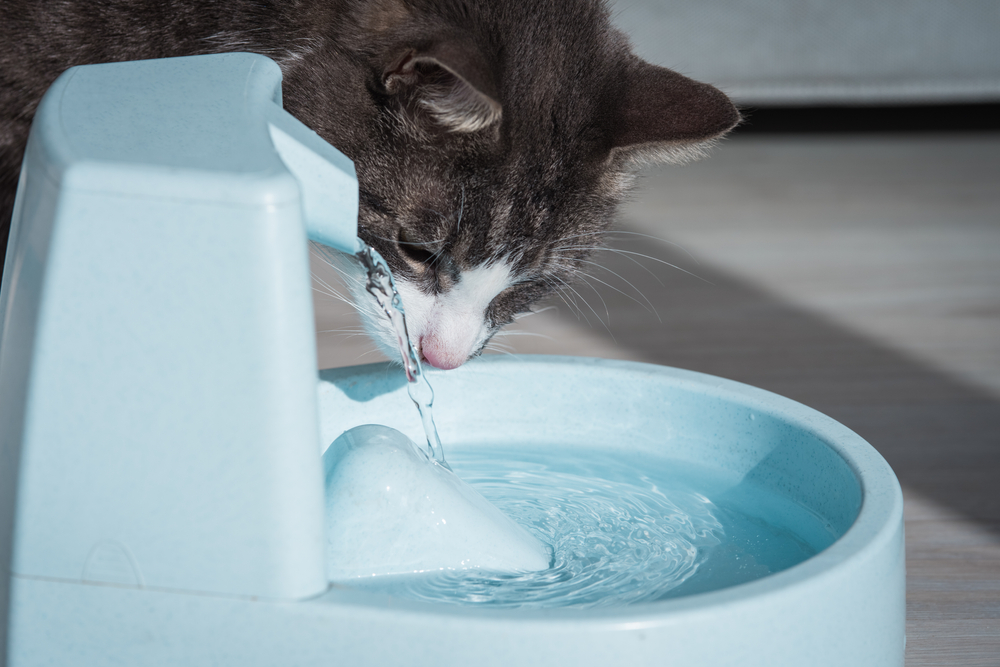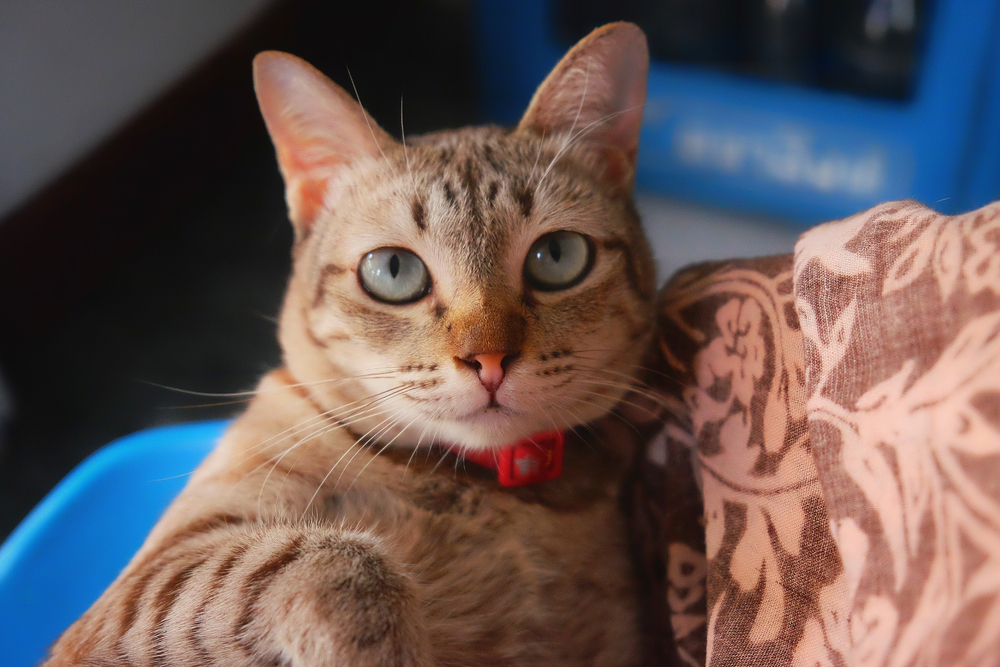
National Adopt a Cat Month: The Joys of Cat Ownership & How to Get Started
June is National Adopt a Cat Month — a wonderful reminder to consider opening your heart and home to a furry feline companion. Cats can bring immense joy and comfort to their families, so if you’ve been thinking about adopting one, there’s no better time than now!
This month, our team at Sleepy Hollow Animal Hospital is celebrating the many whiskered faces that purr through our doors each day, and while we are encouraging those who have not yet taken part in owning a ferocious cuddly feline to consider adopting. Here are some helpful tips for new cat parents to get started on the right paw.
Why Should I Adopt A Cat?
Adopting a cat is a rewarding experience — not just for the cat, but for you, too! There are many benefits to welcoming a new furry feline into your home, and some of the best benefits are listed below:
Companionship and Emotional Support
Cats offer loving companionship and have been shown to reduce stress and anxiety, helping to boost your overall well-being.
Low Maintenance, High Reward
Cats are independent creatures who groom themselves and don’t require daily walks, they are also very easy to litter train, making them great pets for busy households.
Great for Small Spaces
Whether you live in a cozy apartment or a spacious home, cats adapt well to all environments.
Natural Pest Control
Cats have keen hunting instincts that can help keep unwanted pests away.
Long Lifespan
With proper treatment and care, cats can live alongside you and your family for 15+ years.
Saving Lives
By adopting a cat, you’re also giving a deserving animal a second chance at a happy life, often saving them from overcrowded shelters or the risk of euthanasia.
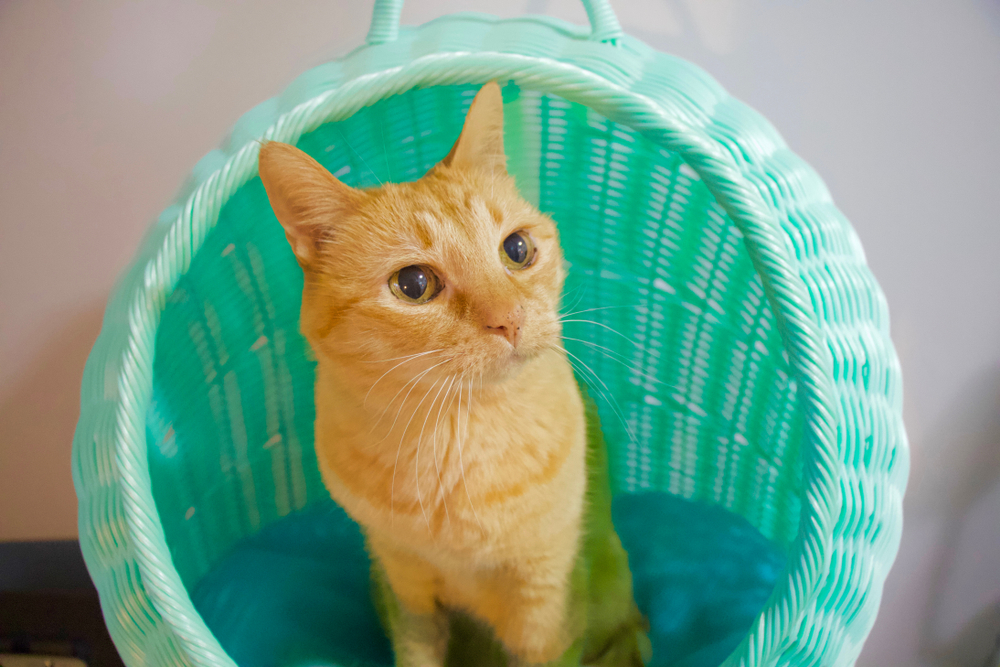
Considering Adopting A Cat this Month? Read On For Tips for New Cat Owners
Bringing home a new cat is exciting, but preparation is key to ensuring your new pet settles in comfortably. Here are some essential tips:
- Prepare a Quiet, Safe Space
Set up a cozy area with food, water, a litter box, toys, and a comfortable bed where your cat can acclimate slowly.
- Schedule a Vet Visit Early
Book a wellness exam with our team at Sleepy Hollow Animal Hospital soon after adoption to check your cat’s health, vaccinations, and to discuss preventive care.
- Cat-Proof Your Home
Remove toxic plants, secure loose wires, and keep harmful substances out of reach.
- Provide Enrichment
Cats love to climb, scratch, and explore. Offer scratching posts, interactive toys, and window perches to keep them happy and stimulated.
- Be Patient and Gentle
Let your cat explore at their own pace. Use treats and play to build trust and strengthen your bond.
Finding Your New Cat Locally: Schedule Your New Cat Wellness Check at Sleepy Hollow Animal Hospital Today!
If you’re ready to adopt, consider visiting local shelters or rescue organizations. Two great resources are ASPCA Westchester and Paws Crossed Animal Rescue, both of which offer many wonderful cats looking for their forever homes. They provide helpful support and resources for new cat owners in our community.
At Sleepy Hollow Animal Hospital, we’re committed to helping you and your new cat enjoy many happy, healthy years together. From initial wellness exams to ongoing care, we’re here to support you every step of the way.
Celebrate National Adopt a Cat Month by adopting a deserving cat and experiencing the love and joy they bring!
Call or text us today to schedule your new cat’s first checkup: (914) 631-0606.







